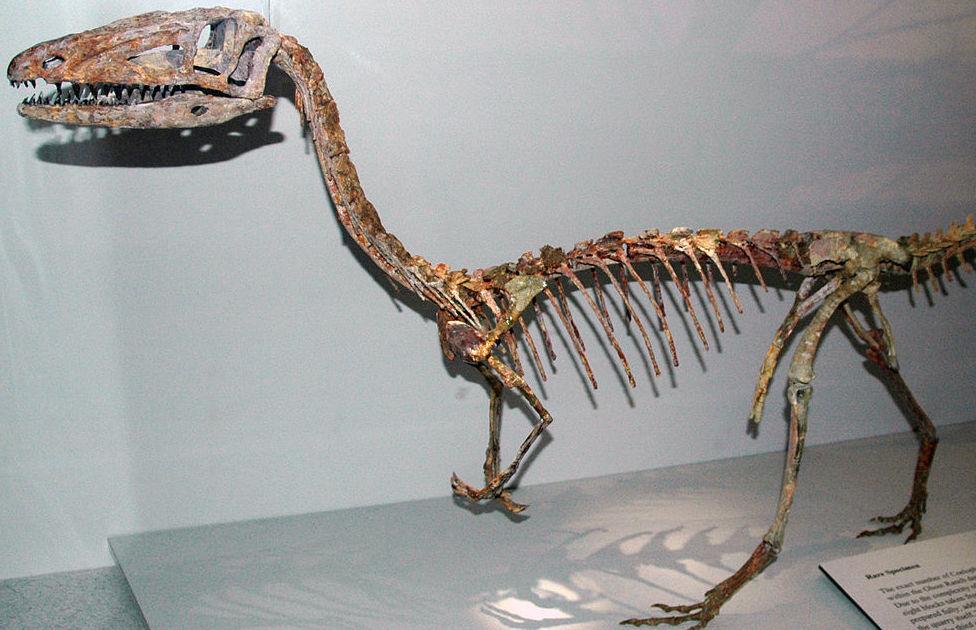D: When are these dinosaur bones from, Yaël?
Y: The Mesozoic era.
D: Do you ever think about how, someday far in the future, people are going to look at our bones and ask that same question?
Y: To be honest, Don, I don’t spend a lot of time thinking about my future remains. But our era does have a tentative name: the Anthropocene era. There’s debate over when it started, and whether we merit a new geological epoch at all, but some researchers argue that the future fossil record will clearly show both that a new epoch has begun and when it started.
D: How?
Y: According to their research, our fossil record is going to be unique. Mammal fossils will consist mostly of humans and their animals, including livestock and pets, rather than wild animals. That’s because we make up most of the total mass of animals in the world today. It’s also because our remains are usually buried in cemeteries—in the case of humans and sometimes pets— or landfills in the case of livestock. That results in remains that are a lot better preserved than those of animals that die in the wild. And if we do find fossils of wild animals in the future, their remains are going to look a lot different than they used to. Paleontologists of the future might find elephant bones without tusks because of ivory hunting, or a lion’s body without the head since trophy hunters often just take the head after they kill an animal.
D: Sounds like paleontologists of the future are going to have a lot to write about.









